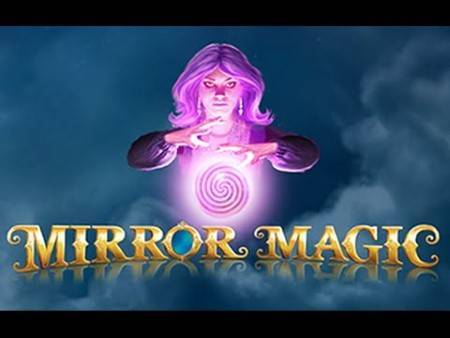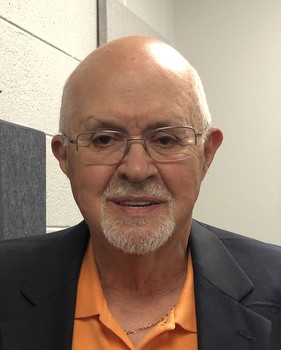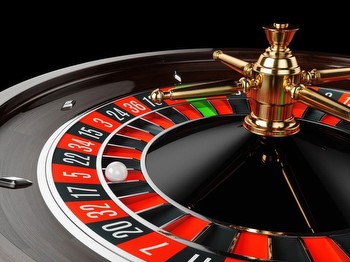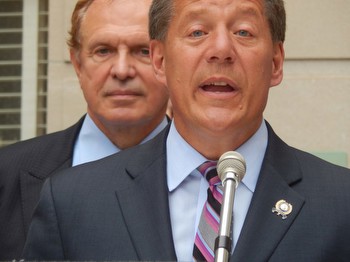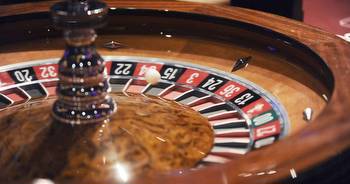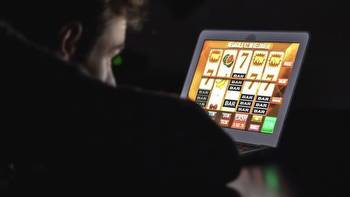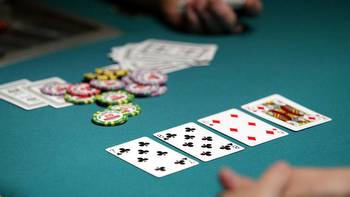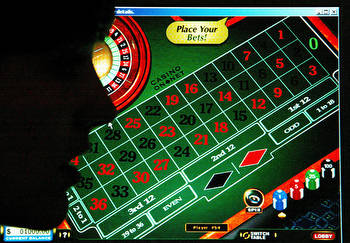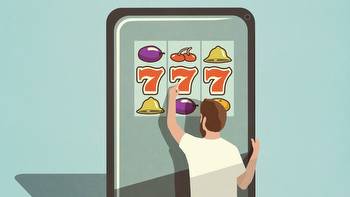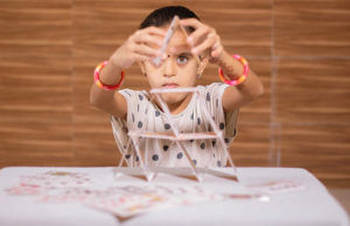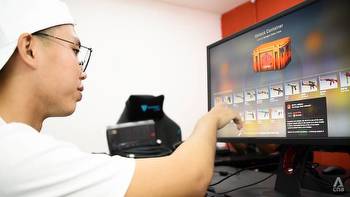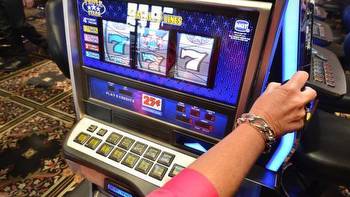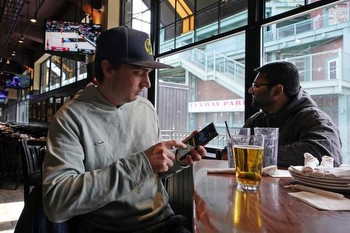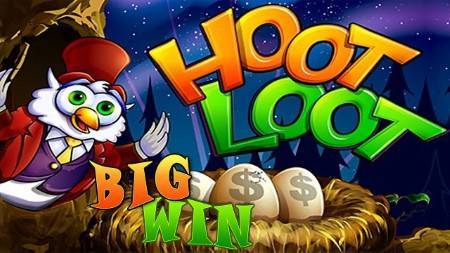Gambling addiction among kids, teens
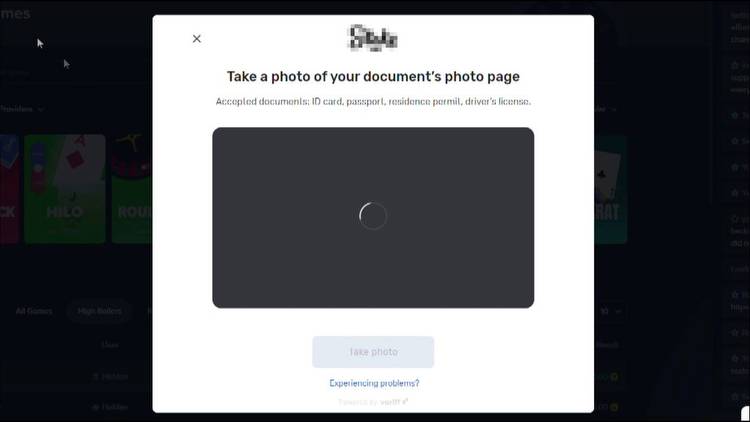
A recent study found 60-80% of kids aged 13 to 17 admitted to gambling at least once in the last year.
ATLANTA — As online gambling surges in popularity, research shows more children are subverting age verification safeguards and getting hooked.
A recent study found 60 to 80% of kids aged 13 to 17 admitted to gambling at least once in the last year.
Arnie Wexler recalls he started gambling at seven years old, placing and making money with baseball cards and horse races.
"It became a bigger problem as I got older," he said.
Wexler would spend decades hooked on gambling, recalling the life moments that were lost to his addiction, like the birth of his first child.
"When the doctor came out. I didn't ask how my wife was, I never asked how my kid was, I said, 'How much does she weigh?'" Wexler recalled. "He said, seven pounds one ounce. With a pocket full of dimes that my wife gave me to call all my relatives and friends when she had the baby, my first call was to the bookmaker. I bet seven to one on the daily double."
Wexler placed his last bet on April 10, 1968, and has since launched a gambling recovery hotline: 1-888-LAST BET.
He said he's been increasingly inundated with calls about young people hooked on gambling.
"The calls are coming in like crazy from parents of young kids that are getting addicted to gambling," he said. "Kids are doing it in elementary school today. It's a disaster."
Thirteen-year-old Liam, a fake name to protect his identity, has been gambling on a sports betting app for several months. He said several of his friends are doing the same.
The app, inconspicuously called Sleeper, requires age verification. But Liam said it was easy to circumvent.
“You don't have to really show an ID; you just use somebody else's," Liam said. "It makes it really easy for younger kids; you can just take your mom's or your dad's or a family member's, and then you can spend however much you want if you have the money.”
He said he heard about the app through a TikTok influencer he follows.
“He said it made the games more enjoyable," Liam explained. "He gave you a code, and using that code, I put in $10, and it doubled into $20."
11Alive Investigators found dozens of TikTok and YouTube influencers who appeared to be sponsored by online gambling apps or shared promotion codes and links.
Follower metrics reveal many of them have a notably young audience, made up primarily of children under 18 years old.
Dr. Adam Goodie is the department head of Psychology at the University of Georgia and director of the Georgia Gambling and Decision lab. He said there's been a notable trend of young people gambling, particularly in the last few years.
Doors to online gambling swung open in 2018 when the Supreme Court ruled in favor of the sports betting industry.
"The forms of gambling or gaming that are online are so much easier to get access to, easier to hide from your parents," Dr. Goodie said. "The harms of gambling can be really severe. Just as a parent would talk to their child about substance use, alcohol, sexual activity and relationships, I would hope that they would include gambling."
He added that gambling is the only officially recognized addiction that is classified as a behavioral addiction, which may be why it doesn't get as much attention.
"All of the other official addictions involve putting a substance in your body: Alcohol, tobacco, marijuana, cocaine, heroin and others, except for gambling," Goodie explained. "But what they have in common is triggering some sort of pleasure response in the brain."
Les Bernal is the National Director of Stop Predatory Gambling, a 501c3 non-profit based in Washington, DC, working to raise awareness about the pitfalls of commercialized gambling.
“We have an epidemic of teen and pre-teen gambling today in our schools, it is out of control," he said. "If this was any other predatory business exploiting our young people, you'd have state attorneys general stepping in to protect the public, especially kids. That is not happening here.”
Bernal is advocating for more government regulation around online gambling and how it's marketed.
"This is a government program that is openly exploiting and cheating its own citizens with a product that the science tells us it recognizes is as dangerous and addictive as cocaine, heroin and opioids," he said. "The gambling industry is openly targeting young people, and the state needs to step in and restrict this like we do other dangerous, addictive products."
Liam admits it's been difficult to control his spending.
“It definitely does make you feel like you want to put more in; give it a second try," he said. "You think, 'I was so close. Maybe I can do it this time.'”
Experts say that mindset is pulling young people to the brink.
“No drug addict or alcoholic eventually thinks that the next drug or drink is going to make their life better, but the gambler still thinks that," Wexler said. “I can't imagine what my life would be if I was into the computer or phone gambling. I'd probably be in jail. A lot of these kids are in deep, deep trouble.”
Dr. Goodie said there are warning signs that someone's gambling might be becoming an addiction.
"If you're thinking about your gambling all the time that it's distracting you from family, work or school responsibilities, if you find that you're lying to people about your gambling, that's a really strong warning sign that there's a problem there," he said, adding "If you're spending more money or more time gambling than you planned to. If it's causing problems in your relationships or your responsibilities in life, if you're chasing your losses, that's a real clear warning sign."
Liam admitted he knows he shouldn't be gambling.
“They just want you to keep consistently spending money," he said. "It just gives you a feeling that makes you feel like you're on top of the world."
The National Council on Problem Gambling operates the National Problem Gambling Helpline Network, offering local resources for those seeking help for a gambling problem. The number to call is 1-800-GAMBLER.
The network consists of 28 contact centers that provide resources and referrals for all 50 states and US territories.Help is available 24/7 and is 100% confidential, and it also includes text and chat services.







